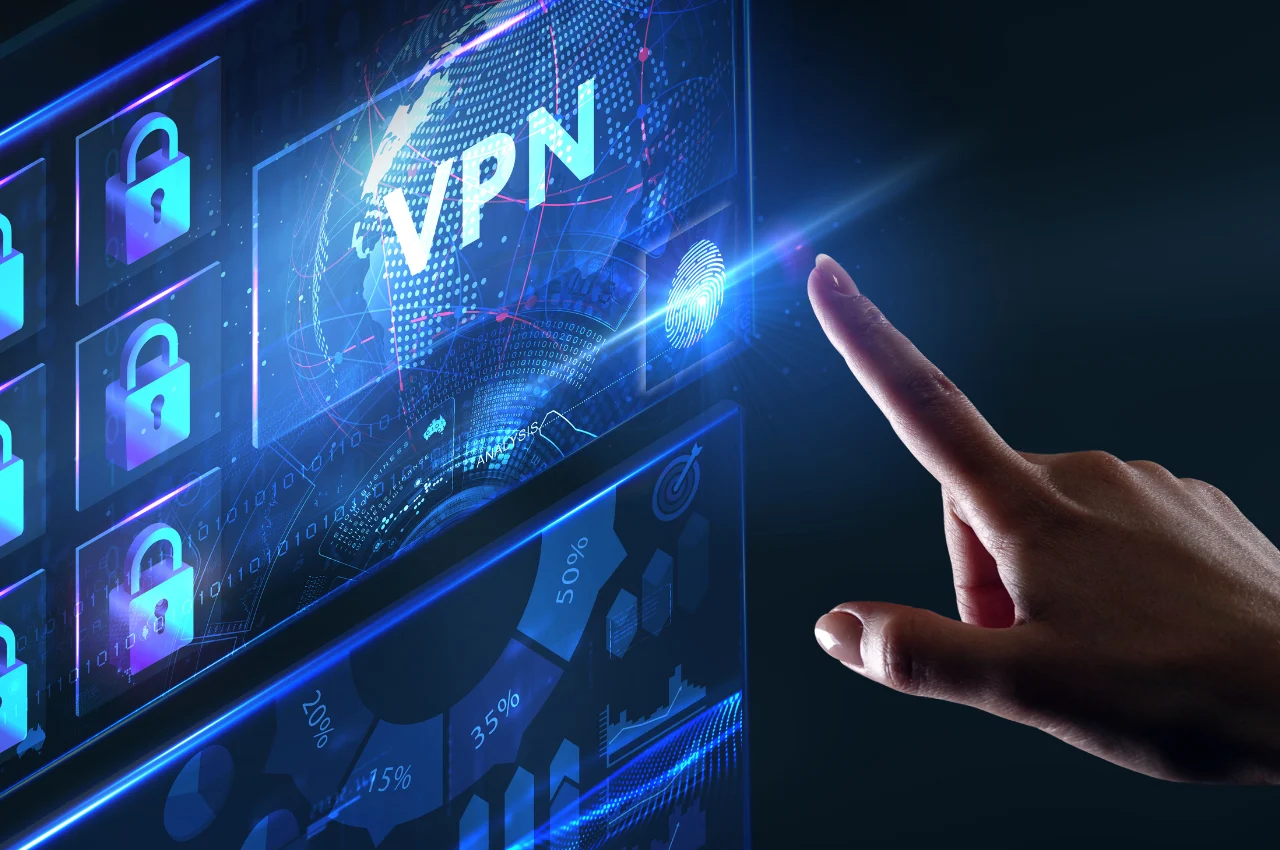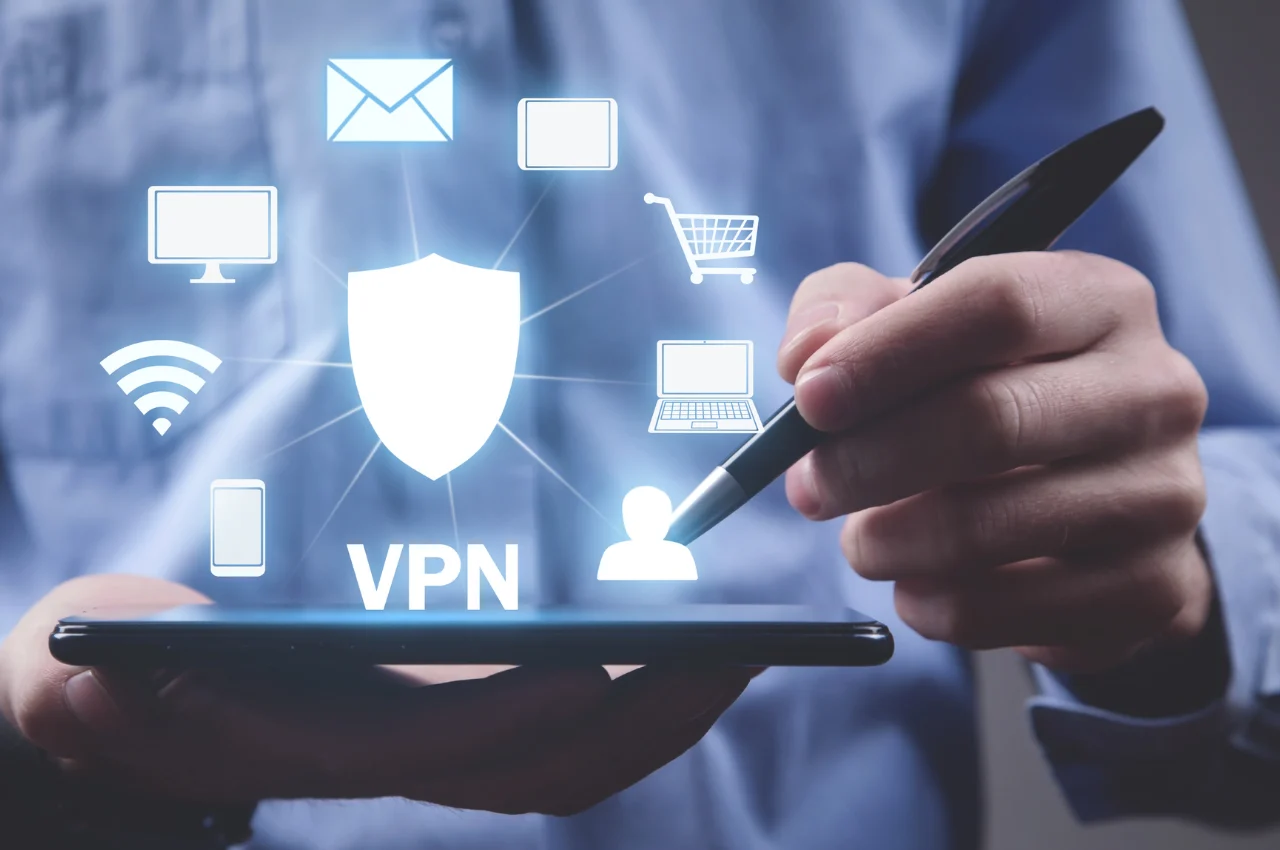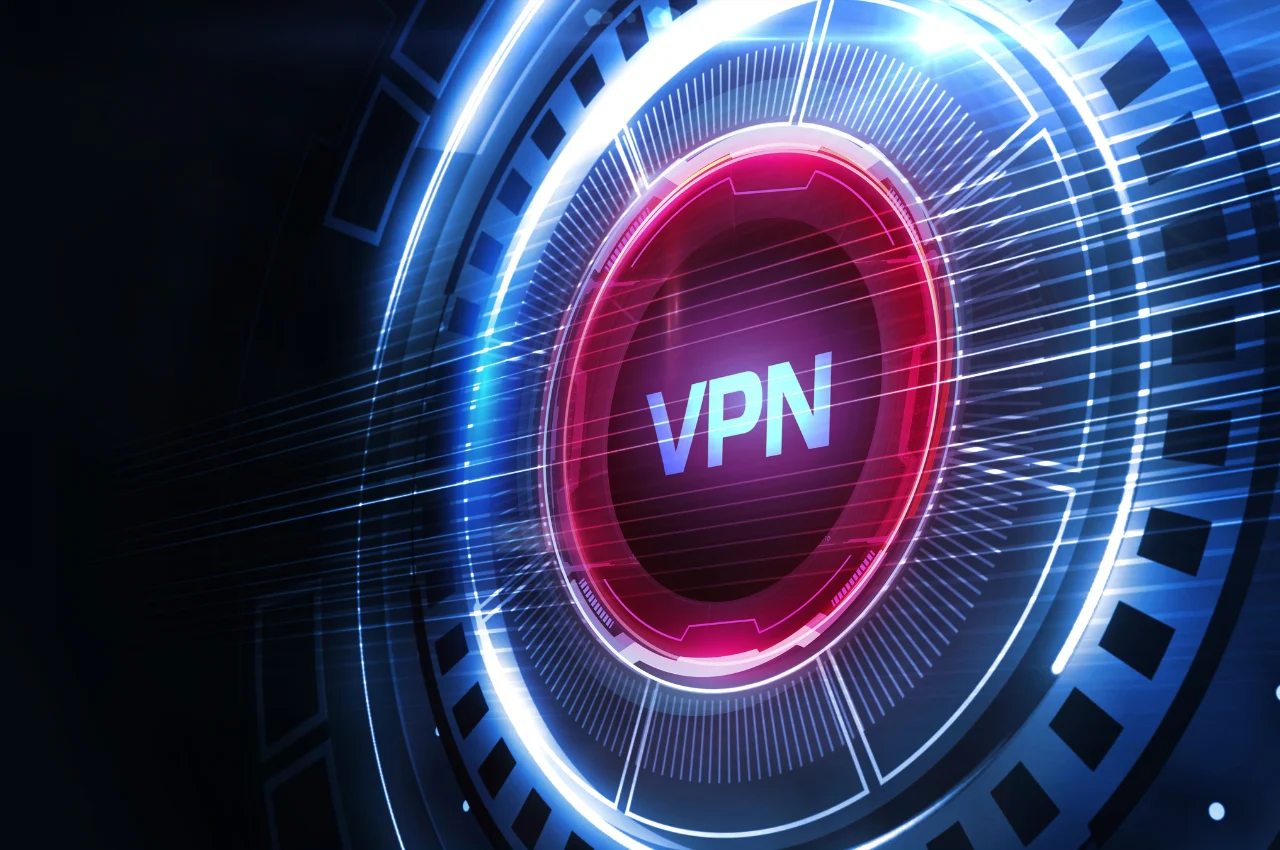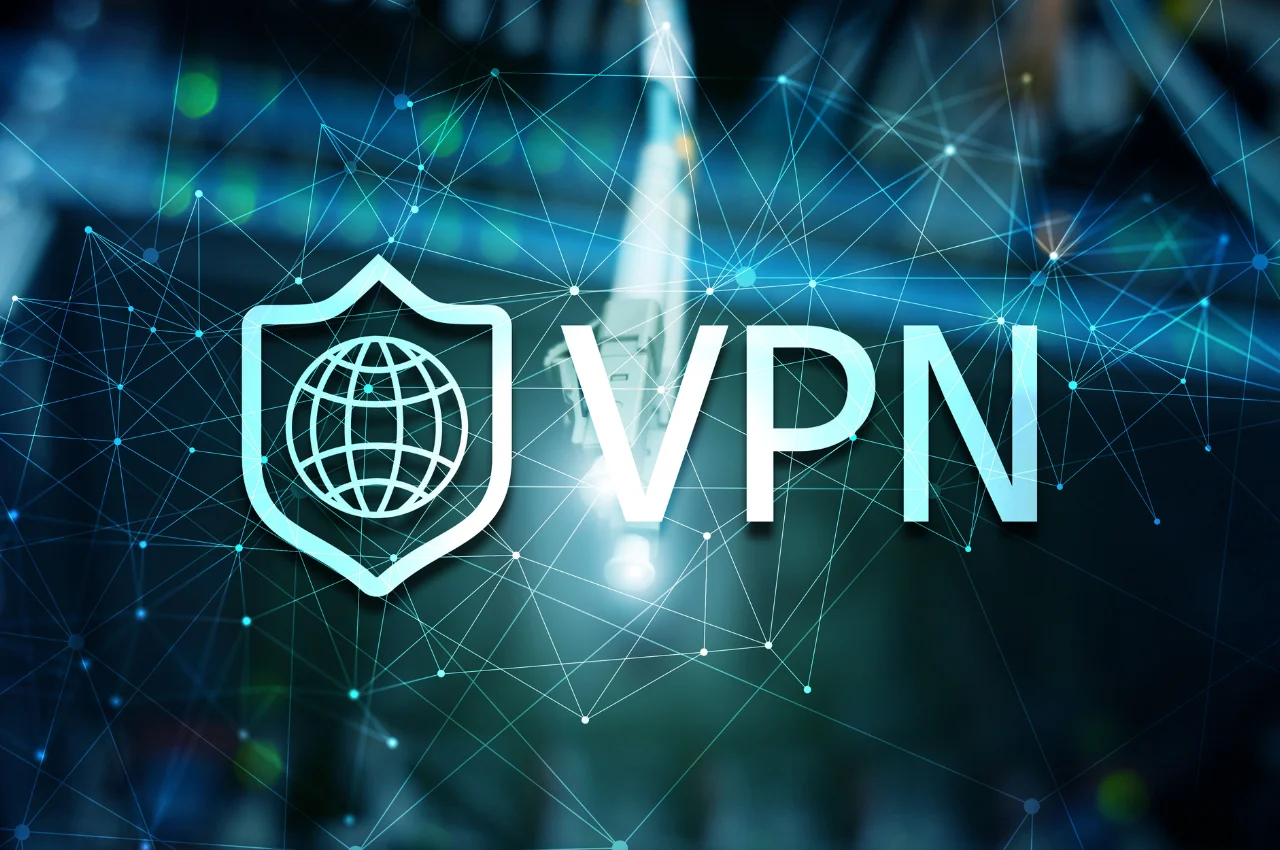Yes, VPNs are safe as they encrypt your internet connection for enhanced security and privacy. Using a VPN helps protect your online activities from potential threats and prying eyes, making it a secure option for browsing the internet.
In today’s digital age, where cyber threats are rampant, ensuring your online safety is crucial. By utilizing a VPN, you can browse the internet securely, access geo-blocked content, and maintain anonymity online. With the increasing concerns surrounding data privacy, VPNs have become a popular choice for individuals and businesses alike. This article delves into the safety aspects of VPNs, highlighting their benefits and addressing common concerns. Let’s explore how VPNs work and why they are considered a safe tool for safeguarding your online presence.
Table of Contents
What is a Vpn?
A VPN, or Virtual Private Network, encrypts your online activity, enhancing security and privacy. By masking your IP address, VPNs safeguard your data from potential cyber threats, ensuring a safer browsing experience.

Brief Explanation of Vpn
VPN stands for Virtual Private Network, which is a technology that creates a secure and encrypted connection between two or more devices over the internet. It allows users to access the internet securely and privately by creating a tunnel between their device and the VPN server. This way, all the data transmitted between the user and the internet is encrypted, making it difficult for anyone to intercept or steal the data.
Why is Vpn Used?
A VPN is used for various reasons such as:
- Browsing the internet anonymously: A VPN masks the user’s IP address, making it difficult for websites to track their online activities.
- Accessing restricted content: Some websites and services are only available in certain countries. A VPN allows users to access such content by connecting to a server in the required country.
- Secure file sharing: VPNs provide a secure way for users to share files over the internet without the risk of interception or theft.
- Protecting privacy: A VPN can protect users’ privacy by encrypting all their online activities, including web browsing, emails, and instant messaging.
- Secure remote access: VPNs are commonly used by businesses to provide secure remote access to their employees, allowing them to work from home or while traveling.
In conclusion, a VPN is a powerful tool for online security and privacy. It encrypts all the data transmitted between the user and the internet, making it difficult for anyone to intercept or steal the data. VPNs are used for various reasons, including browsing the internet anonymously, accessing restricted content, secure file sharing, protecting privacy, and secure remote access.
How Does Vpn Work?
A Virtual Private Network (VPN) works by creating a secure, encrypted connection between your device and the internet. When you connect to a VPN, your data is routed through a remote server, masking your IP address and making it appear as though you are browsing from the server’s location. This encryption ensures that your online activities, such as browsing, streaming, or downloading, are hidden from hackers, ISPs, and other third parties. The VPN also bypasses geo-restrictions, allowing you to access content from different regions securely and privately.
Encryption Process
When you connect to a VPN, your data is encrypted before it leaves your device. This means that your information is scrambled, making it unreadable to anyone who might intercept it.
Tunneling Protocol
A VPN uses a tunneling protocol to create a secure pathway for your data to travel through. This protocol ensures that your information is protected as it moves between your device and the VPN server.
Benefits of Using Vpn
Using a VPN offers enhanced online security and privacy, safeguarding your data from potential threats. It encrypts your internet connection, preventing unauthorized access and ensuring safe browsing. VPNs also allow you to access geo-blocked content and maintain anonymity while browsing the web. Using a VPN offers various advantages for both personal and business use.

Enhanced Security
Using a VPN provides enhanced security by encrypting your internet connection, which protects your data from hackers, cybercriminals, and prying eyes. When connected to a VPN, your online activities, such as browsing, banking, and communicating, are shielded from potential threats. This encryption makes it nearly impossible for anyone to intercept or decipher your information, ensuring that sensitive data like passwords and personal details remain secure. Additionally, VPNs protect you when using public Wi-Fi networks, which are often vulnerable to attacks. By securing your connection, a VPN offers peace of mind and robust protection for your digital activities.
Access to Geo-restricted Content
One major benefit of using a VPN is the ability to access geo-restricted content. Many online services, such as streaming platforms and news sites, limit access based on your geographic location due to licensing agreements or regional restrictions.
A VPN allows you to bypass these restrictions by routing your internet traffic through servers located in different countries. This makes it appear as if you are accessing content from the allowed region, giving you access to a broader range of media, websites, and services that might otherwise be unavailable in your location. By masking your IP address and encrypting your connection, a VPN provides both privacy and the freedom to explore global content.
Risks Associated with Vpn
When using a VPN, it’s essential to be aware of the potential risks associated with this technology. While VPNs offer increased privacy and security, there are still some vulnerabilities that users should consider. Understanding these risks can help you make informed decisions about your online safety.
Malware Threats
A common risk associated with VPN usage is the potential exposure to malware. When connected to a VPN, users may encounter malicious websites or download infected files without proper protection. It’s crucial to have robust antivirus software and to practice safe browsing habits to mitigate this risk.
Logging Policies
Another important consideration is the logging policies of VPN providers. Some VPN services may record user activity, which could compromise the anonymity and privacy that users expect from their VPN. Before selecting a VPN provider, it’s essential to carefully review their logging policies to ensure that your data remains secure.
Is Vpn Safe?
Is VPN safe? This is a common concern for those considering using a VPN to protect their online activities. With increasing cyber threats and privacy concerns, it’s essential to understand the safety of VPNs and how to choose a secure provider.

Factors That Determine Vpn Safety
When evaluating the safety of a VPN, several factors should be considered:
- Data encryption: Strong encryption protocols, such as AES-256, ensure that your online activities remain private and secure.
- Logging policy: A no-logs policy means that the VPN provider does not track or store your online activities, enhancing your privacy.
- Security features: Look for features like a kill switch and DNS leak protection to prevent your data from being exposed in case of a connection drop.
- Server locations: VPN servers in various countries provide options for secure and private browsing, allowing you to bypass geographical restrictions.
Examples of Safe Vpn Providers
Choosing a reliable and safe VPN provider is crucial for protecting your online privacy. Some reputable VPN providers known for their commitment to security include:
- ExpressVPN: Known for its military-grade encryption and strict no-logs policy.
- NordVPN: Offers double VPN encryption and a wide range of server locations for enhanced security.
- Surfshark: Provides multi-hop connections and Camouflage Mode to ensure secure browsing.
Conclusion
In sum, using a VPN can significantly enhance your online security and privacy. It serves as a crucial tool to safeguard your sensitive data from potential threats. By encrypting your internet connection, a VPN ensures that your online activities remain private and secure. Therefore, investing in a reputable VPN is a wise decision in today’s digital landscape.


